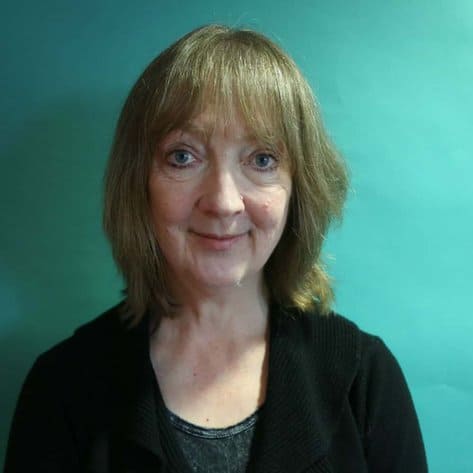“Celtic Mythology for an Age of Ecocide: the Land, the Otherworld, and the Anima Mundi”

WELCOME DR. SHARON BLACKIE
Award-winning author and psychologist, we are beyond grateful to welcome Dr. Blackie as our keynote speaker. She will speak to us live from her home in the UK. She is an award-winning writer, psychologist and mythologist. Her highly acclaimed books, courses, lectures and workshops are focused on the development of the mythic imagination, the relevance of myth, fairy tales and folk traditions to the personal, cultural and environmental problems we face today.
Sharon is the award winning author of her bestselling work, “If Women Rose Rooted” Read the first chapter of her book here. Her newest book, ‘Hagitude: Reimagining the Second Half of Life’ explores the profound transformational time leading us into Elderhood.
As well as writing five books of fiction and nonfiction, including the bestselling If Women Rose Rooted, her writing has appeared in anthologies, collections and in several international media outlets – among them the Guardian, the Irish Times, the i and the Scotsman. Her books have been translated into several languages, and she has been interviewed by the BBC, US public radio and other broadcasters on her areas of expertise. Her awards include the Roger Deakin Award, and a Creative Scotland Writer’s Award.

Sharon is a Fellow of the Royal Society of Arts, and has taught and lectured at several academic institutions, Jungian organizations, retreat centers and cultural festivals around the world. Her TEDx talk on the mythic imagination can be viewed here.
Celtic Mythology for an Age of Ecocide: the Land, the Otherworld, and the Anima Mundi
“The worldview which is prevalent in Celtic mythology is profoundly relevant today, offering a deep ecological alternative to the mechanistic, disconnected worldview which has led to the social and environmental crises we now face. Celtic mythology, particularly that which derives from the Gaelic (Irish and Scottish) traditions, is intensely ecological. It depicts a world in which there is a reciprocal and respectful contract between the people and the land; it is also dominated by powerful divine women who are the creators and shapers of the land, its guardians and protectors, and who represent the moral and spiritual authority of the Otherworld. This native pre-Christian mythology of the Celtic nations is highly goddess-centred. The creative, generative essence of the universe was female; women represented the spiritual and moral axis of the world, and the power of men, in contrast, was predominantly social and cultural. Irish mythology in particular is filled with stories of powerful women who were incarnations of the ‘Sovereignty’ goddess, who represented both the land and the Otherworld which was immanent in it, so representing the spirit of the Earth itself, the anima mundi. In this sense, Celtic mythology lends itself to the agenda of ecofeminism, which calls upon women to create an ecological revolution in which we might come to view the Earth as sacred, to respect the non-human others who share it with us, and to recognize both our dependence upon and participation in the natural world.”